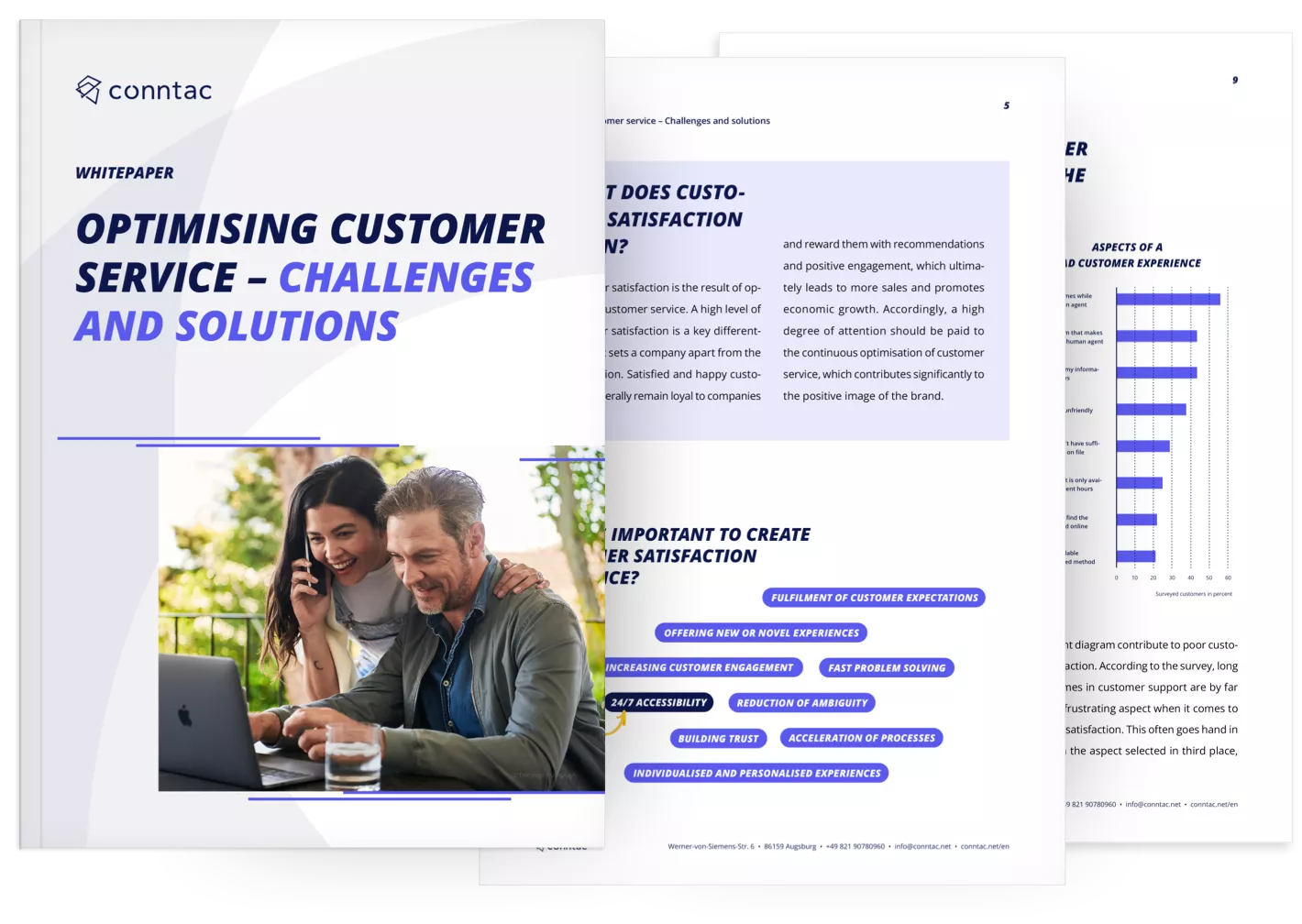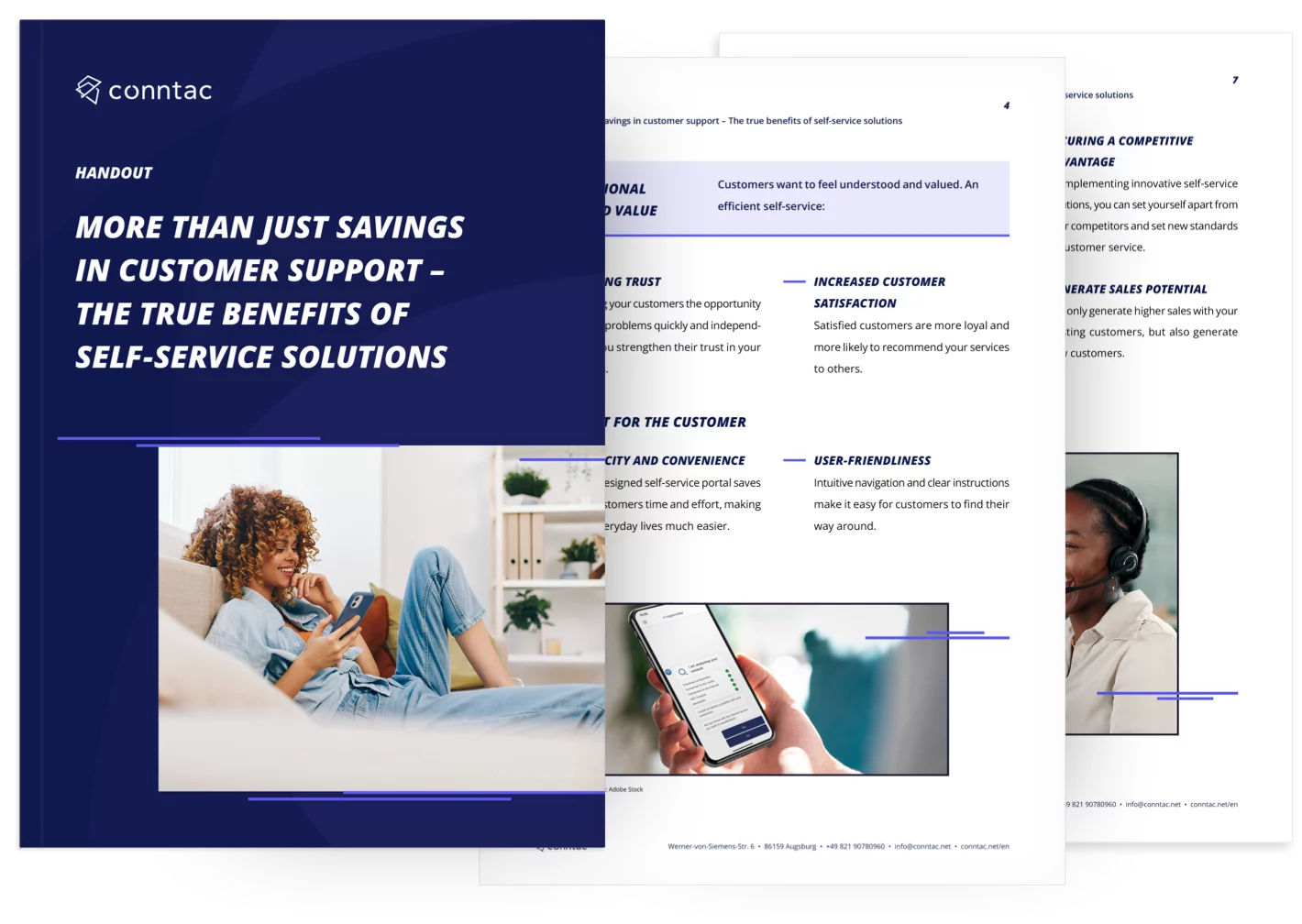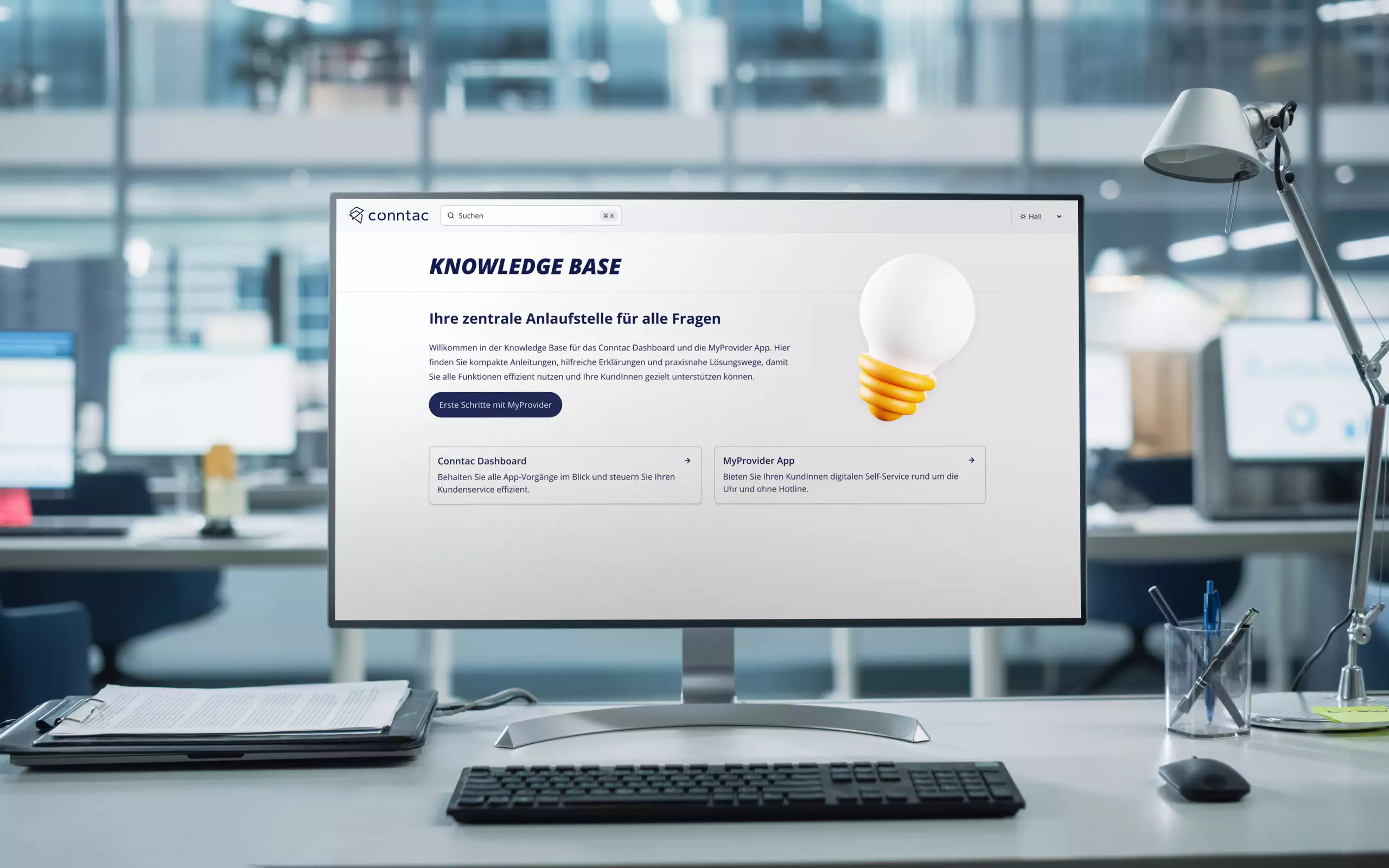At a time when customer needs are changing rapidly and competition is becoming increasingly fierce, excellent customer service is crucial to a company's long-term success. Customer feedback is more than just feedback - it is the key to successful customer service. It closes the knowledge gap between what companies think customers want from customer service and what customers really want from customer service.
Customer feedback provides valuable insights into consumer expectations through the transmission of feedback, opinions and experiences. This enables companies to evaluate and adapt their services from the perspective of their customers and make continuous improvements.
Why is customer feedback so important?
Customer feedback can contribute to the improvement of customer service in many ways. Firstly, it enables companies to gain direct insights into the needs and expectations of their customers. These insights are often more detailed and realistic than internal company assumptions or market research data. Real experience reports reveal what works well and where there is potential for improvement.
In addition, feedback can be used to recognise sources of problems at an early stage and initiate the search for solutions. Companies can thus avoid the spread or deterioration of problems and prevent other customers from experiencing similar problems by quickly rectifying them. This not only contributes to customer satisfaction, but also prevents potential negative effects on the company's image.
On the one hand, a good feedback culture helps to build customer loyalty. Customers who feel that their opinions are heard and valued develop a stronger bond with the company. They feel that they are taken seriously. Improving the points of criticism can further strengthen customer loyalty by increasing customer satisfaction. It also increases the likelihood of recommendations and repeat use of the service or product.
On the other hand, this also has a positive effect on the company's reputation and image. Companies that are known for responding to their customers' feedback and making continuous improvements enjoy a higher reputation. Positive reviews and recommendations from satisfied customers help to strengthen the company's image and attract new customers.
However, customer feedback can also serve as a source of innovation. Customers often express creative ideas and suggestions that companies can use to develop new products or services. Customers see products from the end user's perspective, use them in everyday life and therefore have a different view of necessary functions. If companies implement the feedback correctly, these suggestions can set a product or service apart from the competition and thus strengthen their market position.












